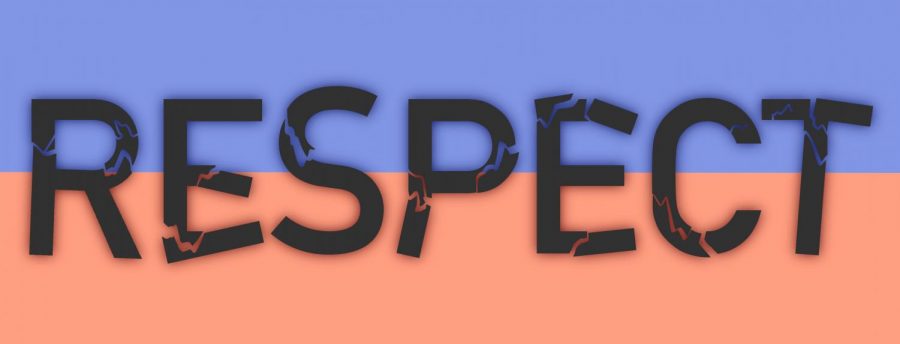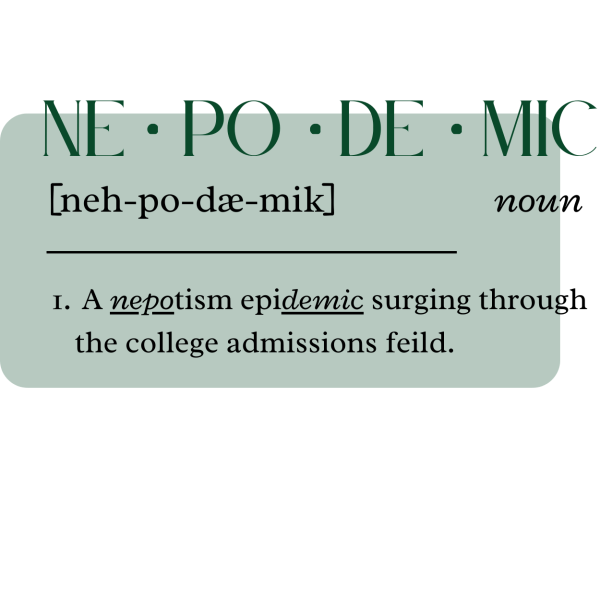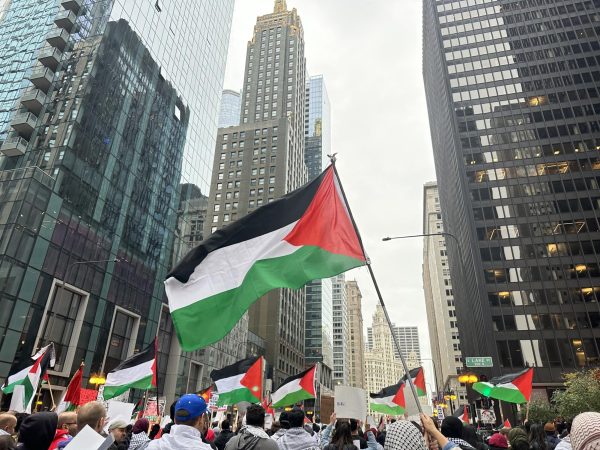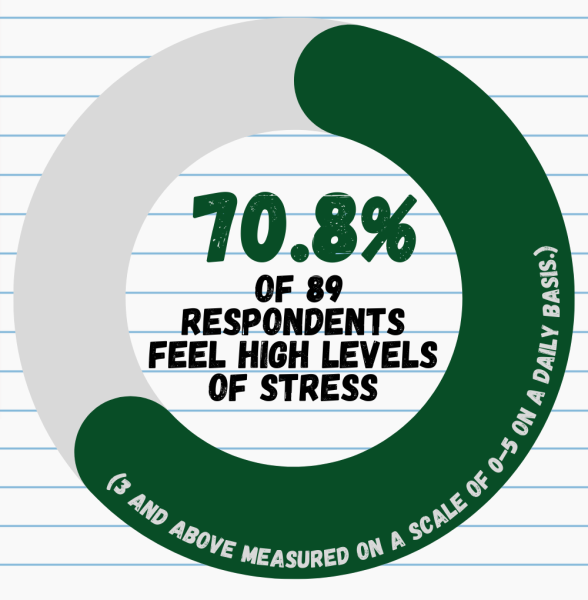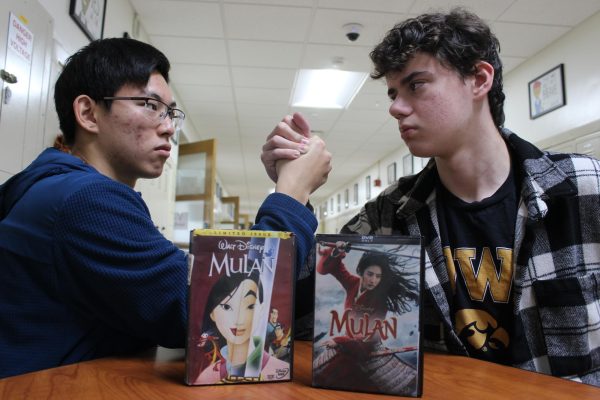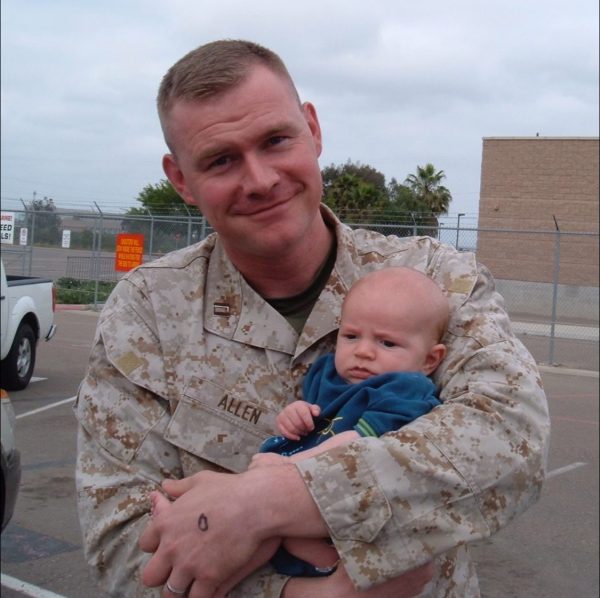Respect should not be up for debate
As winds sent leaves scattering across the drying paint that decorated the LHS parking lot, three letters stood proudly at the bottom of my spot: BLM (an abbreviation for the Black Lives Matter movement). While numerous passersby had admired and declared their enthusiasm for the senior tradition of parking spot painting, one woman approached me and my friends and began questioning those three letters.
Questioning is perhaps an understatement; her composure quickly crumbled and shouts and swears of disgust and anger flung at all who were within earshot. Hatred was strewn across the numerous parking spots that sought to bring awareness and justice to a world so torn by the same hate perpetuated in that woman’s words. Furthermore, as those of us witness to these events distanced ourselves from the woman in order to avoid adding to the situation’s escalation, the woman attempted to physically scrape the BLM off of my parking spot.
What went wrong here? Beneath the implications of prejudice and immaturity in this event, there exists a burning lack of respect consistent with not only the extreme actions of this woman but, most importantly, within the entirety of our country.
Basic human respect has been stomped on and stepped over on an institutional and individual level for centuries. While respect can be called subjective and undefinable as an excuse for its general lacking, a 2007 study analyzing the role of respect in the medical field offered a valuable definition: “we base our conception of respect on the belief that all persons have unconditional intrinsic value as human beings.” Wow, what a concept!
This human respect seeks to equalize all people on the most basic level — by acknowledging our shared humanity. The study was also careful to note that respect differs from admiration, stating “it is clear that admiration is not something we could owe to everyone equally.” There is no doubt that in our beautifully diverse world, equal admiration is not plausible. Our tendencies toward tribalism often align us with those who share our values and interests, but this should not restrict us from giving the basic respect all humans deserve.
Preserving human value on a national level begins with a uniform set of rights, and luckily, the U.S. Constitution provides just that. In the Bill of Rights, freedoms of speech, security against seizure, fair trial by jury and more are outlined as part of the foundation of our country. The 14th Amendment prohibits any state to “deprive any person of life, liberty, or property without due process of law” and forbids any state to “deny to any person within its jurisdiction the equal protection of the laws.”
But why must laws define our grounds of respect? Human rights are not a complicated topic requiring elaborate defense to justify their existence. When you acknowledge someone’s humanity, you accept their existence as a fellow human being and with that, you respect their identity.
For example, the LGBTQ+ community has endured the same chorus of discrimination and denial of freedom and value that rots the pillars of freedom our country claims to stand for. The inclusion of “sex” in the Civil Rights Act of 1964 and its relation to sexual orientation and transgender individuals has been a catalyst of debate for decades. With the Trump administration’s declarations of LGBTQ+ rights as separate from protection from sex-based discrimination, the question becomes, why are rights and opportunities denied for any human based on identity?
Our country has created this complicated mess of human rights and equal protection under and justice by the law. The fact is, human rights, identity, and respect should not be up for debate. Every person in this country deserves the same access to rights, freedoms and protections under the law. If we as a society establish equality in human rights, and by extension respect, we can finally transition to the modern world where productive political conversation is more than acknowledging someone’s humanity.
These rights, however, extend to all in a more detrimental sense. Freedoms of speech and expression are meant for all and that includes those whose statements contain the epitome of disregard for human respect. No one person gets to choose where the line is drawn between those who deserve this basic human respect and who do not and therefore, there is no line. While these freedoms of speech and expression remain crucial, actions of disrespect and intolerance have no place in a world of respect.
Human respect is also reflected in how we speak to one another. If we want any chance of civil political discourse and productive discussion becoming the norm in this country, respect must become the basis for every statement you utter. While you do not have to respect the opinions of an individual, you must respect the individual as a person. Without that basis, the divides between us will widen and the polarization of our beliefs will continue to increase until any hope for compromise or conversation will be gone.
I am not seeking to criticize the actions of just one woman; the disrespect that tears our country apart lives in far too many of us. If we wish to change the way our country views human respect, we must first start with ourselves.



